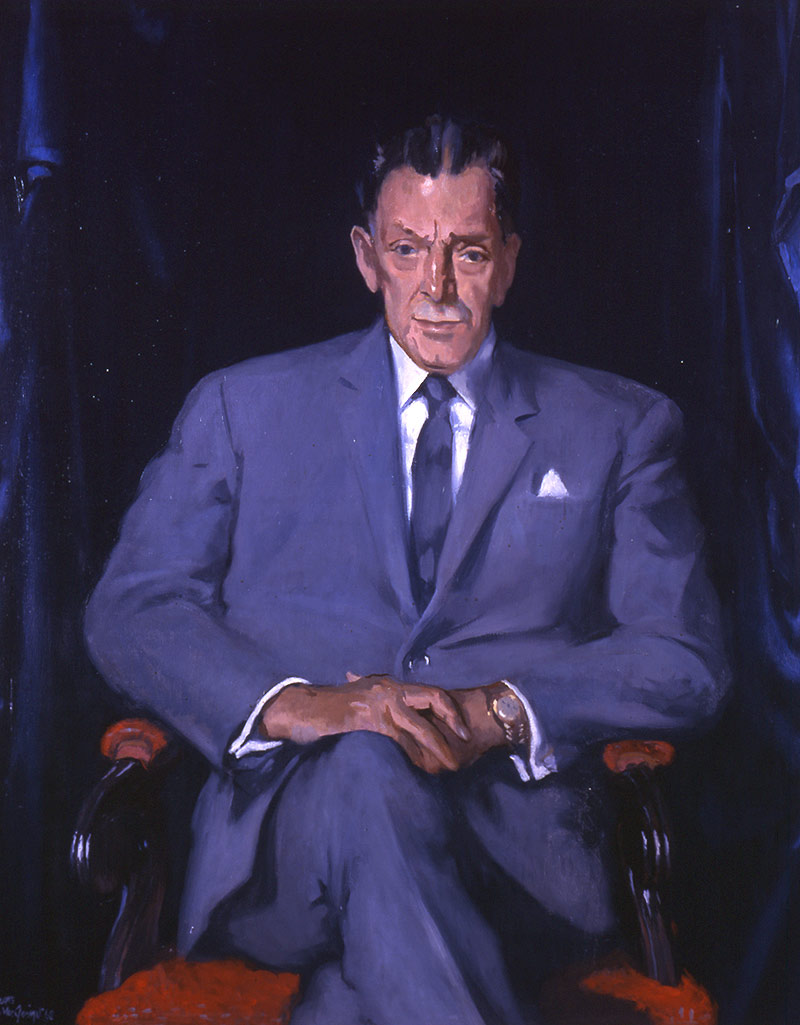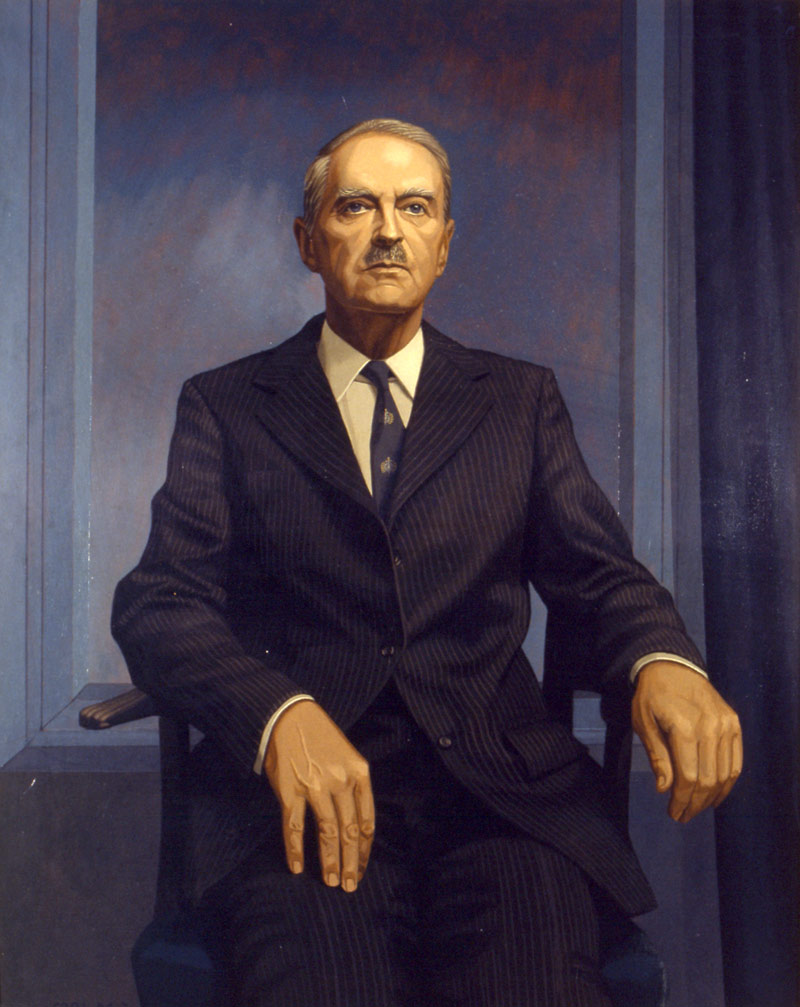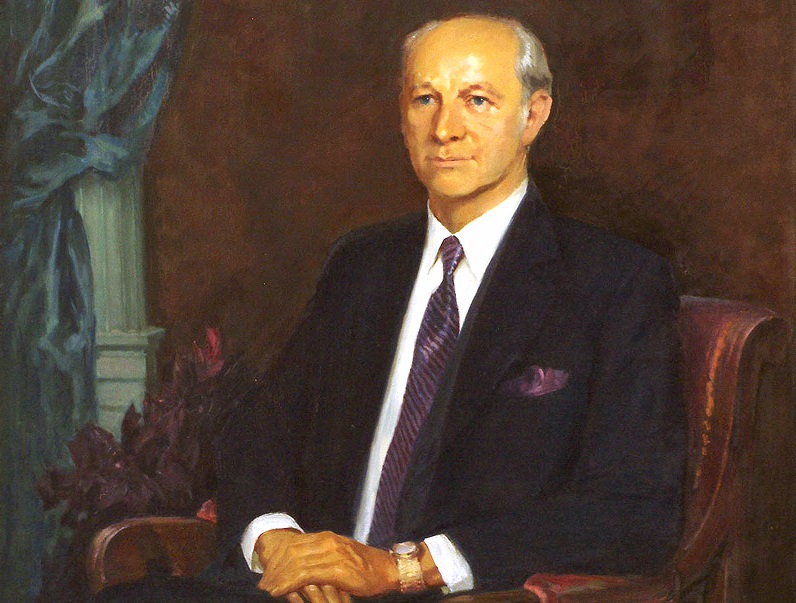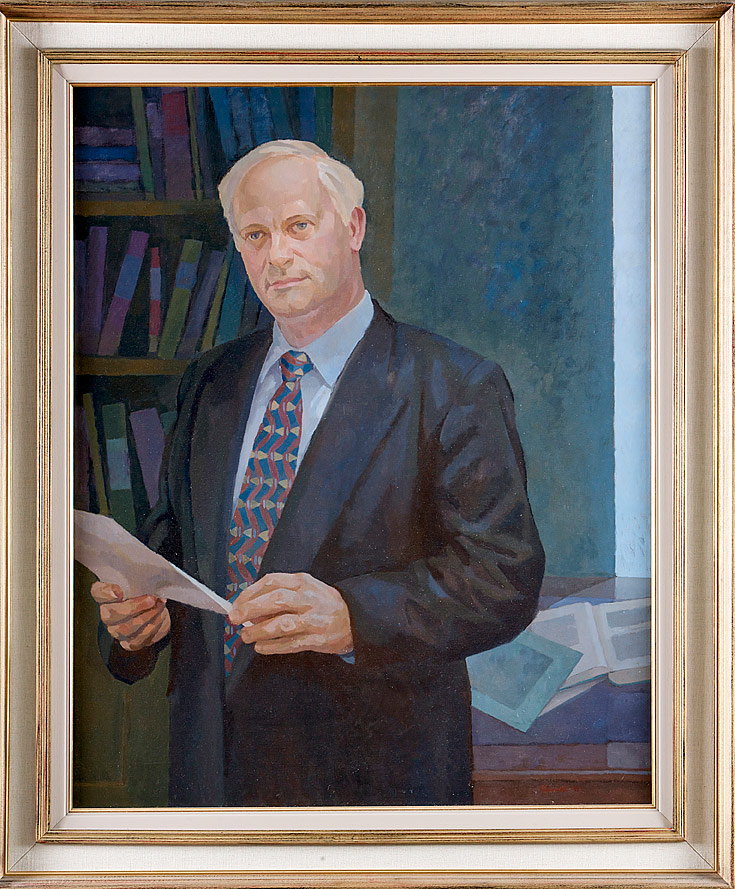Ireland's journey to EU (or then, European Economic Community, EEC) membership commenced many years before 1 January 1973. In fact, there was considerable debate within the Houses of the Oireachtas in the decade prior to the May 1972 referendum.
Five notable debates that took place are highlighted below, with quotes from both Government and opposition Members, showing the varied views and concerns of politicians at that time. Many facets of the debate hold relevance today, particularly in light of Brexit and the ongoing discussion over Ireland-UK economic interdependency, UK-EU relations and the Northern Ireland Protocol.

5 July 1961
European Economic Community – Statement by An Taoiseach
“...the Government's conviction [is] that the national interest would not be served by our seeking to join the European Economic Community unless and until Britain decided to do so”.
“While the prospects … are stimulating, we cannot shut our eyes to the fact that many radical and painful adjustments and adaptations would be involved.”
1 August 1961
Common Market: Ireland's Application for Membership
“This application has been made in accordance with the policy of the Government as explained in previous statements and discussed in this House early in July after publication of the White Paper on the European Economic Community. The Government believe that there is general acceptance of their view that, in the circumstances now developing, this policy is dictated by the national interest.”
“… it is something of a surprise to me … that those who denied that simple economic proposition so trenchantly and so vigorously for the last quarter of a century have suddenly undergone this conversion within the last two months as their idiotic and tragic inconsistency is revealed”.
- Read all contributions to the debate
- Read the White Paper on EEC Membership published by the Government in July 1961.

25 July 1967
“It has been said repeatedly, sometimes in different ways, that we have no choice and that if Britain goes in, we go in, that we have no freedom. This demonstrates our dependence on Great Britain, after 45 years of what we call partial freedom. We have done nothing to rid ourselves of this financial and economic dependence—and shame on us—over the past 45 years.”
“It has been said repeatedly, sometimes in different ways, that we have no choice and that if Britain goes in, we go in, that we have no freedom. This demonstrates our dependence on Great Britain, after 45 years of what we call partial freedom. We have done nothing to rid ourselves of this financial and economic dependence—and shame on us—over the past 45 years.”
“In the wider context of Europe there is taking shape another and greater Community to which we feel we should belong. This Community of peoples is inspired by an ideal which has led countries to accept restraints on their individual freedom of action. This ideal is that of a united Europe, economically strong and a powerful influence for peace. Some pooling of sovereignty is necessary to give the Community life and the capacity to grow into something greater than the sum of its parts”.

21 March 1972
“Today we stand at a most important crossroads in our history. The road we take will determine not only the future of our country for generations to come, but also the contribution we make to the creation of a Europe that will measure up to the high ideals of the founders of the Community.”
“For a country as weak and as fragile as ours and one that is still striving towards nationhood, should … we not need to keep our options open, perhaps to go into the Community if we evolve well and if they evolve well? What we are doing is irrevocable in reality if not in law. Surely the greatest defence of national interest would be a position strong in defence, cautious and circumspect, a position of compiling a balance sheet of the pros and contras for all the possible alternative relationships, of measuring the advantages and disadvantages—there are both—of an association agreement by comparison with full membership?”
A referendum was held on 10 May 1972 (the Third Amendment of the Constitution) to permit Ireland to join the European Communities. The referendum was approved 83%-17% and signed into law by President Éamon de Valera on 8 June 1972.

25 October 1972
European Communities Bill 1972: Second Stage.
“I believe that going into Europe is a very positive contribution towards the unification of the people of Ireland. It is the unification of the people which counts, not territorial unity. What we are doing today is a vital contribution towards that development.”
“…I think that whatever possibilities participation in the Communities does hold out for better and closer relations between North and South [Ireland] should certainly be explored and it is a fact, of course, that this Bill and the corresponding Bill in the United Kingdom will bring about a large accretion of common law, law held in common both north and south here, and that is a positive thing, that if we can take the question into a wider forum, take it out of the narrow insular confrontation, there may be in the long run some hope there.´”
“We cannot accept the Taoiseach's suggestion that it will be adequate for Members of the House to use what he calls normal Parliamentary procedure to control or influence or guide the policies, decisions and actions of the European Community so far as they affect this country. Nor will it be sufficient to have an annual debate on legislative action taken by Ministers if the annual debate is to be in the form of the rubber stamp produced by the Government ...”
“It is a very welcome development that we are going into Europe. I have always believed our greatest national problem was that we were an inward-looking people. Many of the difficulties that occur at present in the North of Ireland stem from this fact. We are so concerned about the relatively small differences which exist between different peoples on this island that we have magnified them out of all proportion and this magnification of miniscule differences has created all the bloodshed and hardship that is now occurring in the North of Ireland.”

